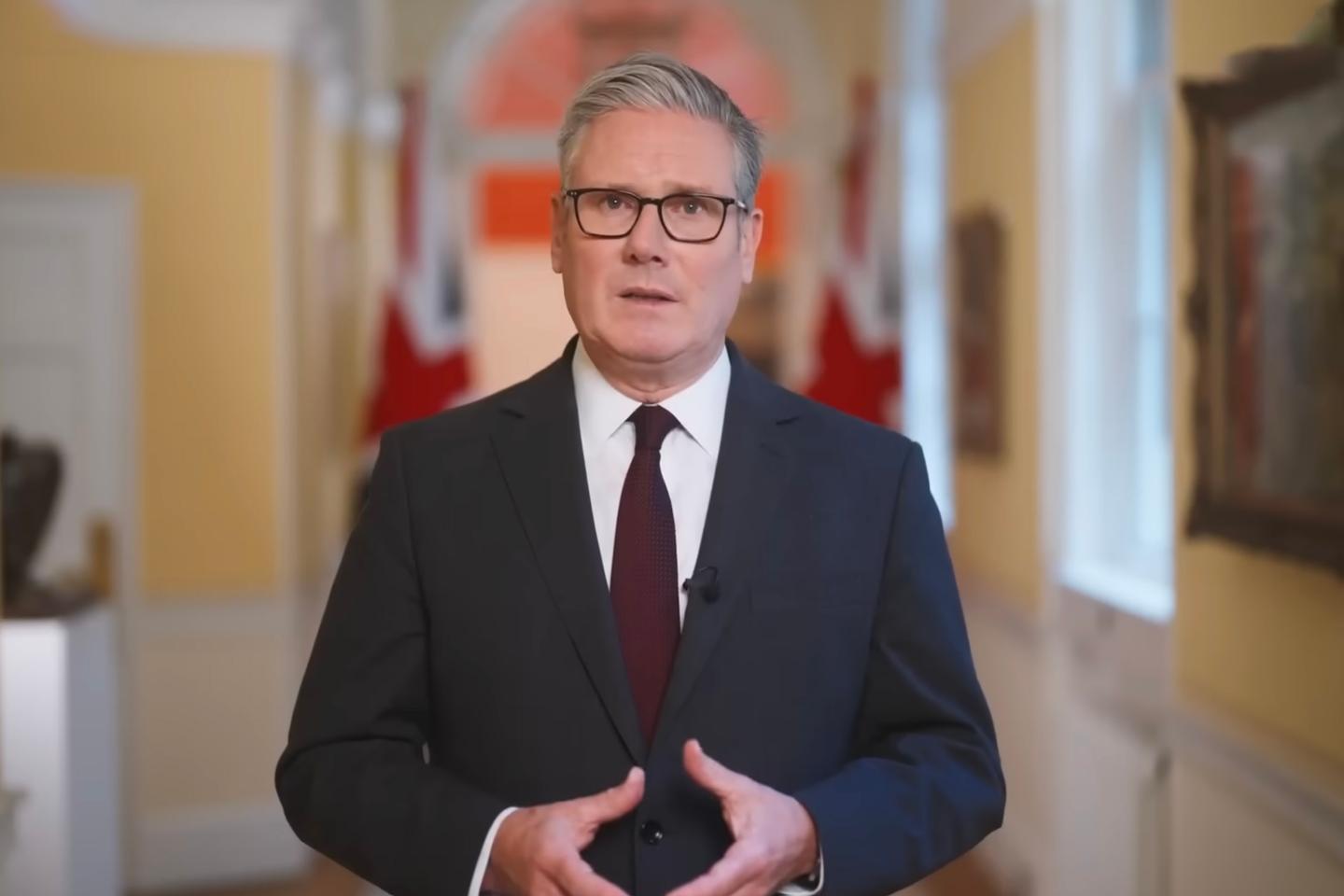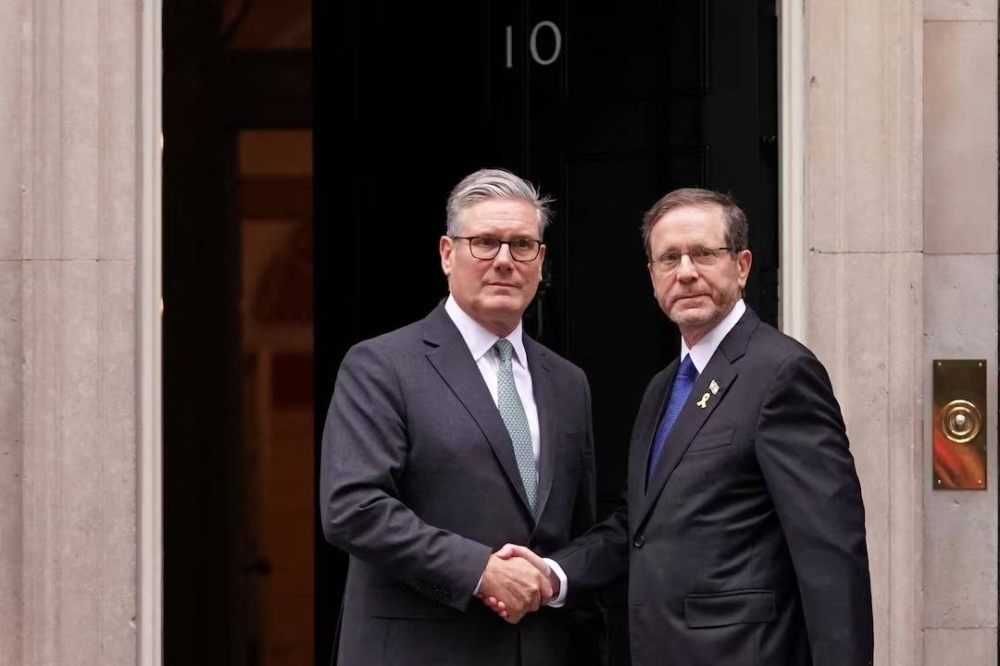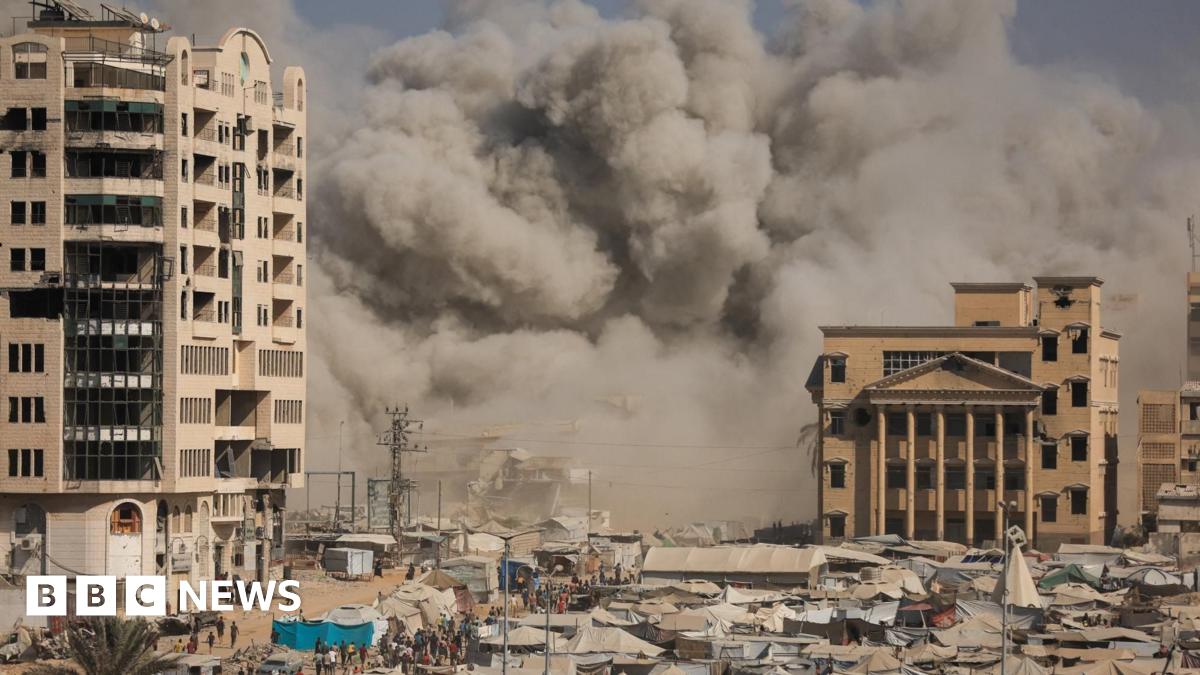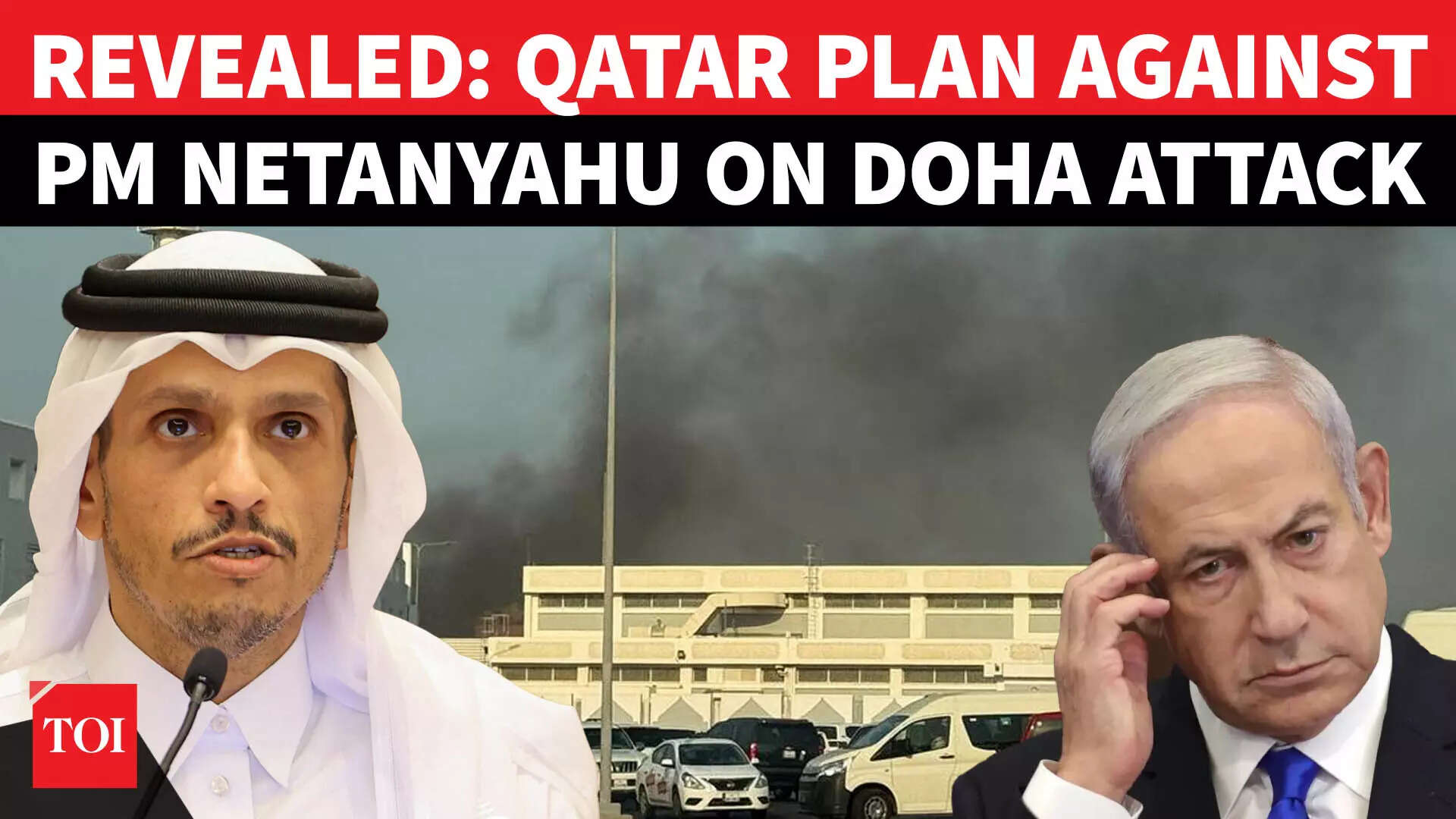UK Formally Recognizes Palestinian State Amid International Pressure
In a move of considerable historical significance, the United Kingdom officially recognized the State of Palestine on Sunday, September 21, 2025. The decision, announced by Prime Minister Keir Starmer, comes as the 80th session of the United Nations General Assembly approaches, representing a substantial shift in British foreign policy towards the Israeli-Palestinian conflict. The UK joins Canada, Australia, and Portugal in this recognition, setting the stage for potential further acknowledgements from other nations like France. The move is largely symbolic, as the West Bank and Gaza Strip remain under Israeli military occupation.
Historical Context and Significance
The United Kingdom's recognition carries particular weight due to its historical involvement in the region, notably through the Balfour Declaration of 1917. This declaration expressed British support for "the establishment in Palestine of a national home for the Jewish people." Recognizing the State of Palestine can be seen as partially addressing the long-term consequences of this declaration and acknowledging the rights of the Palestinian people. With this recognition, over 145 countries now acknowledge the State of Palestine, although the United Kingdom and Canada are the first G7 countries to do so.
Reactions and Implications
The decision has elicited strong reactions from key players. Israeli Prime Minister Benjamin Netanyahu has firmly rejected the recognition, stating that "No Palestinian state will be established west of the Jordan River." Conversely, Palestinian President Mahmoud Abbas welcomed the move as "an important and necessary step toward achieving a just and lasting peace." Other nations, including Qatar and Saudi Arabia, have also lauded the decision as a step towards advancing the peace process. While the recognition is welcomed by Arab leaders, activists are calling for more meaningful actions to stop the Gaza war, including ending arms sales to Israel.
Challenges and Conditions
Despite the symbolic importance of the recognition, the path forward remains complex. The Foreign Office clarified that the decision does not imply recognizing Palestine based on the 1967 lines, with equal land swaps. Key issues such as the geographical extent of each state, the status of Jerusalem, and the governance structure led by the Palestinian Authority remain unresolved. The recognition by the UK, Canada, and Australia includes demands that Hamas has no role in the future Palestinian state and that the Palestinian Authority undertakes substantial reforms in governance and finance.
International Perspectives and Actions
The move by the UK and its allies puts them at odds with the United States, which maintains its opposition to recognizing a Palestinian state outside of a negotiated settlement. The United Nations General Assembly will host a special summit on the war in Gaza, led by France and Saudi Arabia, to revive the two-state solution. Several countries, including France, Belgium, Luxembourg, and Malta, have signaled they may follow suit in recognizing Palestine. This increased international recognition reflects growing concern over the humanitarian crisis in Gaza and the ongoing expansion of Israeli settlements in the West Bank.
Gaza Conflict and Humanitarian Crisis
The formal recognition occurs against a backdrop of intense conflict in the Gaza Strip. Reports indicate that dozens have been killed as Israeli military operations continue. Hospitals in Gaza are overwhelmed, with the cumulative death toll since October 2023 exceeding 65,000, according to the Palestinian Health Ministry. The Israeli military reports targeting "numerous terrorists" and dismantling Hamas infrastructure in the area. This escalating violence has further fueled calls for international action and a lasting resolution to the conflict.
Domestic Reactions in Israel
The news of the UK's recognition was met with mixed reactions in Israel. While some dismissed it as merely symbolic, others expressed anger and concern that it would embolden Hamas and complicate efforts to secure the release of hostages. Some members of the Israeli government, such as Itamar Ben-Gvir, called for immediate countermeasures, including the annexation of the occupied West Bank. Voices on the left, like Ofer Cassif, welcomed the recognition as a step in the right direction but emphasized the need for further action, including an arms embargo on Israel, until the "genocide in Gaza" ends.
Activist Demands and Future Steps
Following the formal recognition, many activists and NGOs are calling for further actions to address the conflict in Gaza. Demands include ending arms sales to Israel, implementing comprehensive sanctions, and allowing Palestinian refugees a safe passage that guarantees their right of return. Organizations such as Medical Aid for Palestinians (MAP) and the International Centre of Justice for Palestinians (ICJP) emphasize the need for concrete action to hold Israel accountable and end its "illegal occupation." The recognition, while a historic step, is seen as only the beginning of a longer process towards achieving a just and lasting peace.
| Key Event | Date | Significance |
|---|---|---|
| Balfour Declaration | 1917 | Expressed British support for a "national home" for the Jewish people in Palestine. |
| UK Recognition of Palestine | September 21, 2025 | Formal recognition of the State of Palestine by the United Kingdom. |
| UN General Assembly Summit | September 22, 2025 (Expected) | A summit led by France and Saudi Arabia to revive the two-state solution. |
 Visit the website
Visit the website





